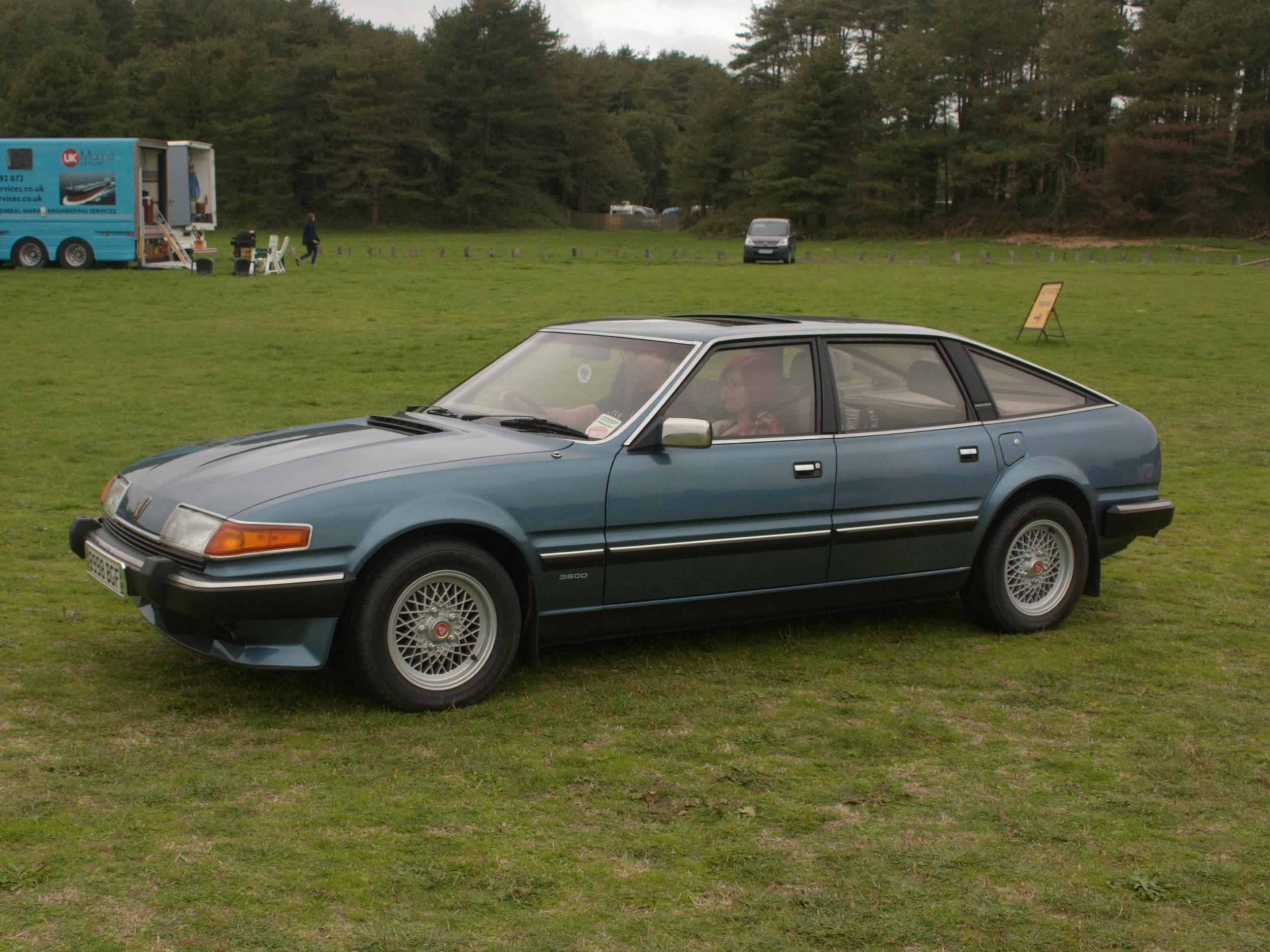Why my dad’s ill-advised purchase of a rusty old Rover is the perfect Brexit parable
By ploughing money into a dud my parents had fallen for the ‘sunk cost fallacy’. A bad decision that should have been abandoned instead led to an escalation of commitment of time and money. Remind you of anything?

In the late 1970s my parents’ neighbour, Mrs Burton, convinced my mum that my dad should buy Mr Burton’s Rover 3500. It was a lovely car, almost new, with hand stitched leather upholstered seats, a walnut trim and an automatic gear box. My father already had a car and was quite happy with it but Mrs Burton persuaded my mother that he was far too important to be driving about in a Citroen. What dad needed was a Rover – and specifically Mr Burton’s dark brown one.
The car was brought round and almost immediately everything went wrong with it. Fortunately, my dad had heard about a man who lived up the road who fixed vehicles cheaply. This guy’s garden was reassuringly full of abandoned scrap and the car would be quite safe on his property on account of the vicious dogs that came hurtling out every time you paid a visit.
Had the internet existed back then my father could have saved himself a lot of bother, for a quick Google search in 2019 shows that he had purchased a vehicle branded the “worst car in Britain”. But we didn’t have the internet back then. And though he had invested in the Rover against his better judgement – he was determined to make it work.
It became a money pit. The man up the road replaced the engine and when that didn’t work the gear box, then the clutch housing, the wiring and finally – the engine again. The car was eventually brought back on a tow truck for the last time and sat in the garage for a decade before being taken away for scrap.
My parents had fallen for what economists call the “sunk cost fallacy”. A bad decision and poor investment that should have been abandoned, had instead led to an escalation of commitment of time and money.
All of us fall prey to the sunk cost fallacy at some point in life. It happens when you persist with a long-term relationship – despite it being terrible – because you’ve “been together for such a long time”. It happens when you feel obliged to eat an expensive meal, even though it’s making you feel sick, or finish that cocktail despite it tasting like battery acid.
And of course, it is there – with Brexit.
In June 2016 Britain had what was generally considered to be the single best deal of any member state within the EU. By being outside of the euro and the Schengen area we had full control of our currency and our borders while benefitting from a dynamic and flexible relationship with our partners. All of this came at a cost of just 1 per cent of our overall annual GDP expenditure. No deal with the EU was ever going to come close to what we had – but with encouragement from the Mrs Burtons at Leave the people ditched that arrangement – and went for a Rover 3500 instead.
In the two and a half years since, May has tried to make it work. She has set about renegotiating our relationship, investing time, money and the considerable energies of government. It has become an all-consuming task. It has required the attention of thousands of civil servants, the creation of whole new government departments, hundreds of thousands of man hours and the expenditure of billions of taxpayer pounds.
It has diverted attention from the NHS, education, social policy and housing and turned the news into a never ending torrent of Brexit. The divorce bill is set to stand at £39bn – but some projections put the actual cost of Brexit at £100bn per year by 2030; the equivalent of losing the entire economic output of Wales or the City of London. It has become a white elephant, a fool’s errand and yet despite it all nobody seems willing to take stock, step back and consider sending it to the scrap yard.
Instead, since winning the backing of MPs last night, May has returned to the fray with renewed vigour. Despite Michel Barnier and the 27 other countries insisting that the deal on the table is the only deal she will get, the prime minister believes that all will be well and that the Brexit Rover will be redeemed.
As the calendar counts down to 29 March, Britain needs, more than ever, a moment of reflection. Brexit is a rotten investment that has turned into a sunk cost fallacy. Instead of escalating our commitment and throwing herself at more pointless negotiations – Theresa May should stop and think.





Join our commenting forum
Join thought-provoking conversations, follow other Independent readers and see their replies